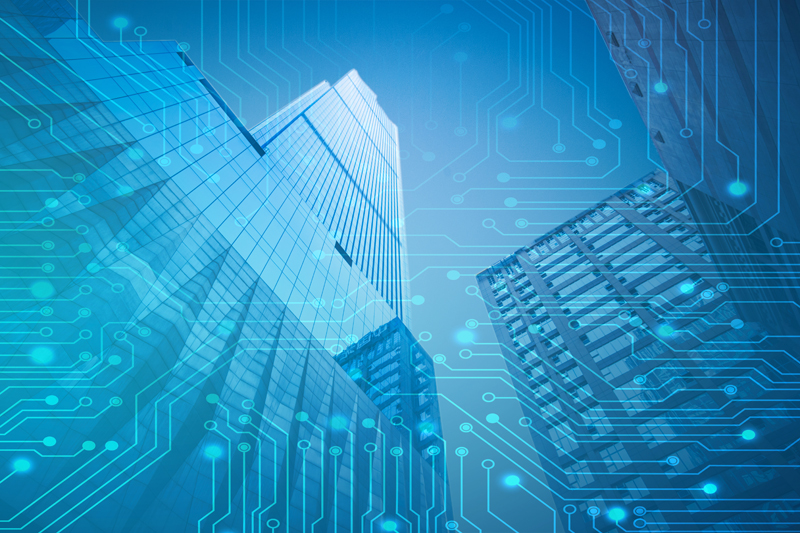

In this fascinating journey, we explore in depth how the Internet of Things (IoT), intelligent transportation systems and energy-efficient buildings are becoming positive elements in shaping the future of cities. The purpose of this article is to understand the integration of technology into urban life with the goal of making cities more efficient and liveable.
The Internet of Things (IoT) is at the heart of the smart city revolution. It is a network of interconnected devices that collect and exchange data to make urban environments smart and responsive. In smart cities, IoT devices are used in a wide range of applications, including sensors that monitor traffic flow and systems that track air quality and energy use. Through the application of the Internet of Things, smart cities can achieve more efficient traffic management and resource utilization, and improve the quality of life of residents.
Practical applications of IoT:
Traffic management has always been a huge challenge on the busy streets of our cities. Fortunately, however, advanced technology has provided us with intelligent transportation systems, which have revolutionized the way we deal with urban transportation problems. These systems use real-time data and analytics to optimize traffic flow, reduce congestion, and improve road safety. With the support of these intelligent transportation systems, we can manage traffic more efficiently and create a better travel environment for our cities.
Advantages of intelligent transportation systems:
As we continue to explore smart cities, our focus has gradually turned to the building itself. Energy efficiency is not only an environmental issue, but also an economic one. This is an important aspect in smart city design. Smart buildings use advanced technologies to reduce energy consumption, reduce costs, and provide a more livable environment.
Smart Building Technology:
Although the development of smart cities is full of technological wonders, it also faces some challenges. Understanding and recognizing the opportunities these challenges present is critical to our continued sustainable progress.
Challenges in smart city development:
Despite these challenges, the future is full of opportunities:
Future Opportunities for Smart Cities:
The concept of smart cities represents a transformative approach to urban living in which technology is not just an add-on , but a fundamental part of the urban structure. From IoT-enhanced city planning, to smart transportation systems that simplify commuting, to energy-efficient buildings that shape a sustainable future, the integration of technology in cities is making them more efficient and more livable. When we embrace these changes, the potential for innovation and improvement in urban spaces is limitless.
The above is the detailed content of Digital City: Technology changes urban life. For more information, please follow other related articles on the PHP Chinese website!
 Application of artificial intelligence in life
Application of artificial intelligence in life
 What are the applications of the Internet of Things?
What are the applications of the Internet of Things?
 What is the basic concept of artificial intelligence
What is the basic concept of artificial intelligence
 The m2m concept in the Internet of Things
The m2m concept in the Internet of Things
 Solution to the problem that vscode cannot run after downloading python
Solution to the problem that vscode cannot run after downloading python
 Formal digital currency trading platform
Formal digital currency trading platform
 cookie
cookie
 ibatis
ibatis




